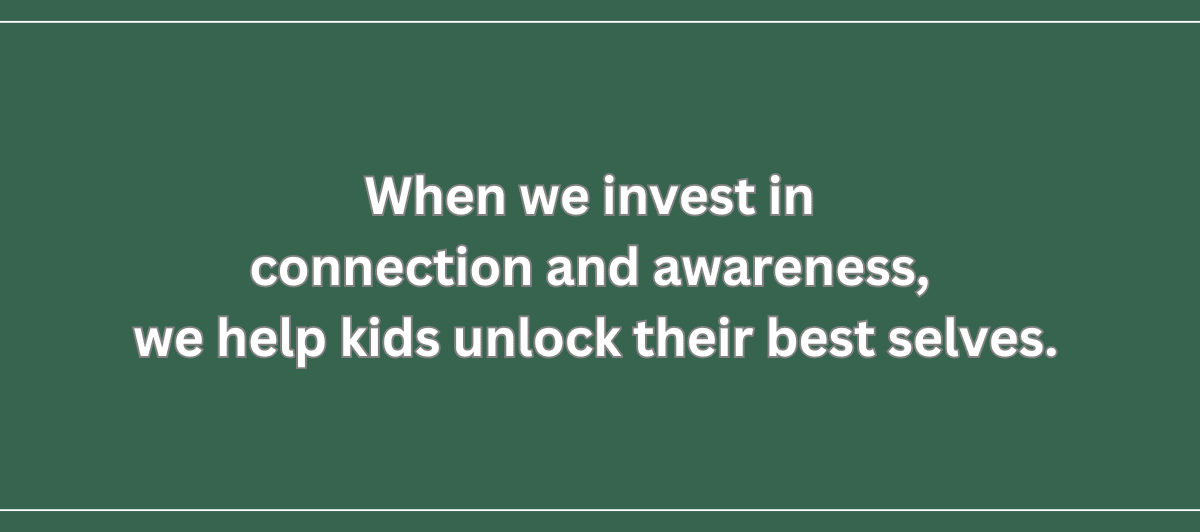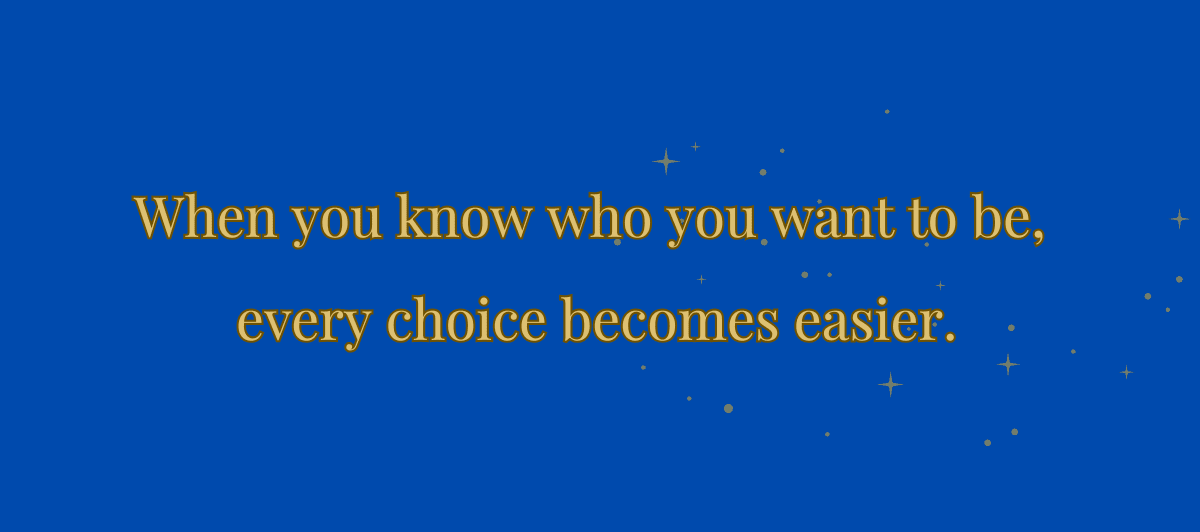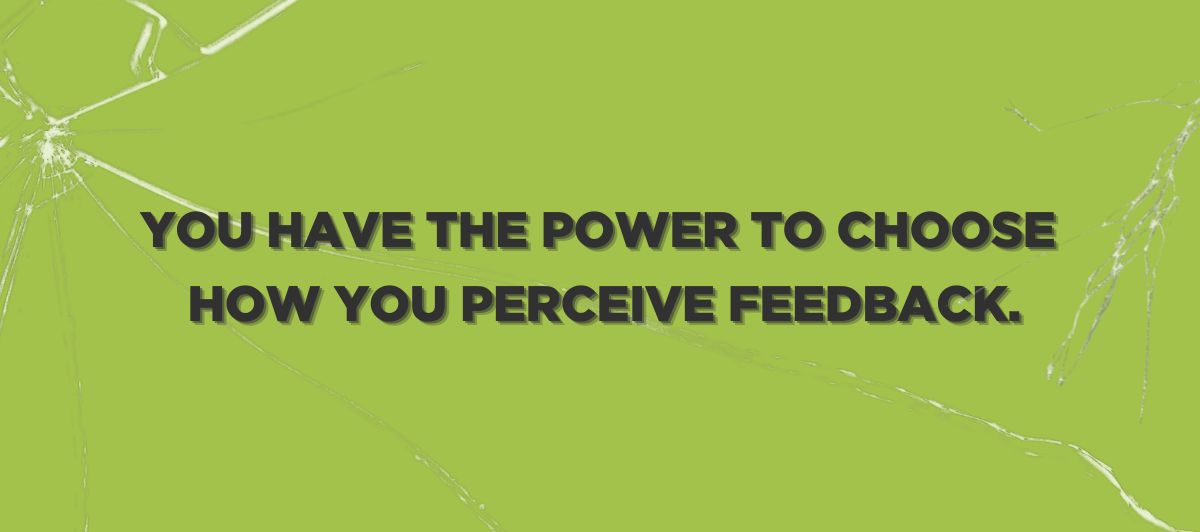
Resilience Isn’t What You Think
Resilience isn’t just about bouncing back from what happened.
It’s about bouncing back from how it made your child feel.
When kids face challenges – a friend is unkind, a game is lost, or a mistake is made – the hardest part to manage is often their emotional reaction, not the event itself.
If a setback doesn’t trigger strong feelings, a child may move on quickly. But if it sparks anger, sadness, embarrassment, or frustration, they’re now navigating not only the circumstance, but also the intense emotions inside their body and brain.
That’s why kids emotional resilience isn’t about ignoring feelings or pushing them away. It’s about noticing emotions, understanding them, and learning how to respond in a way that helps them move forward.
I’ve created 3 kid-friendly resources you can download to help them:
- Reflect on what they’re feeling (elephant poster)
- Notice the emotional impact of challenges (body poster)
- Practice moving forward with confidence, compassion, and clarity instead of getting stuck in the emotion (find your calm poster)
This is what I know: Each time a child pays attention to their feelings and responds calmly and clearly, they’re building skills that will help them handle the next challenge with more ease and confidence – a key part of kids emotional resilience in everyday life.
Until next time…











